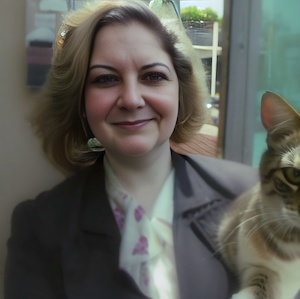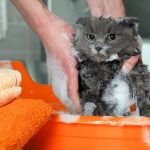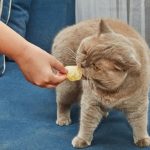As a pet owner, it’s natural to want to give your cat the best possible diet to keep them healthy and happy. However, it can be difficult to know what foods are safe and healthy for your feline friend to eat.
One food that may be on your mind is beets, after all, they’re packed with essential nutrients and are often touted as a superfood for humans. But can cats eat beets?
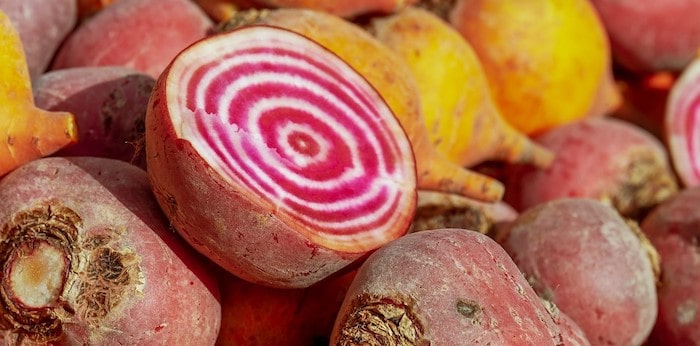
In this article, we’ll explore whether or not it’s safe to give your cat beets, and provide some insights into what other vegetables are safe and beneficial for cats.
By the end of this article, you’ll have a better understanding of what you should and shouldn’t be feeding your feline friend.
Contents
Can Cats Eat Beets?
Beets are a root vegetable that are known for their high nutrient content, including fiber, vitamins, and minerals such as potassium, magnesium, and folate. While beets are not toxic to cats, they are not recommended as a regular part of their diet. “According to hyaenidae, “Cats can eat beets. In fact, beets are a great source of vitamins and minerals, including iron, potassium, and vitamin C.”
Cats are obligate carnivores, so their digestive system is designed to process animal protein and not plant matter. This means that, although cats may occasionally nibble on grass or other plants, they don’t have the same ability to absorb nutrients from plant sources as herbivores or omnivores do.
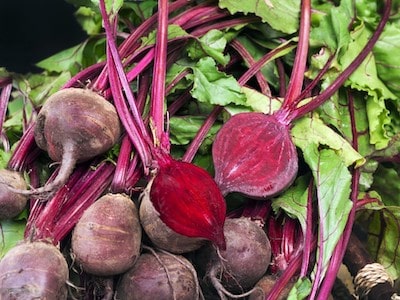
So even though beets contain essential nutrients, cats may not benefit from them in the same way humans and other animals better adapted for a plant-based diet would.
Beets have a low nutritional value for cats and may pose certain health risks. The high sugar content in beets can cause digestive issues for cats, as well as lead to weight gain and other long-term problems.
They are also high in oxalates, which can form crystals in a cat’s urinary tract and lead to urinary tract infections and other health problems.
If your cat eats a small amount of beet, they are unlikely to suffer any serious harm. However, it is best to avoid feeding beets to cats altogether, especially if your cat has a sensitive stomach or a history of urinary tract problems.
Vegetables That Are Safe for Cats to Eat
If you’re looking for safe and nutritious vegetables to add to your cat’s diet, here are some options to consider:
- Green Beans: Green beans can be a great snack for overweight or diabetic cats as they are low in calories and sugar and a good source of fiber and vitamins. However, it is essential to ensure that the green beans have been cooked without any salt, seasonings or additives which could prove to be detrimental for your cat’s health.
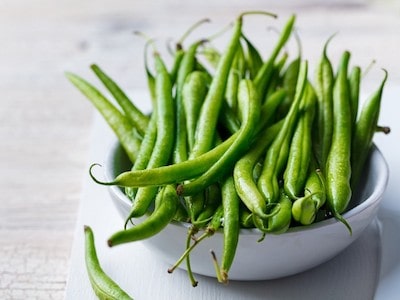
- Carrots: Carrots are an excellent source of fiber and vitamins, like beta-carotene which is essential for eye health. Your cat can eat carrots either raw or cooked, but it’s important to cut them into small pieces or grate them so that they’re easier for your cat to chew and digest.

- Peas: Peas can be a great snack for cats, as they are high in protein, fiber and vitamins yet low in calories and sugar. It is essential to make sure that the peas are cooked without any added salt or seasonings, as these could be potentially dangerous for your cat.
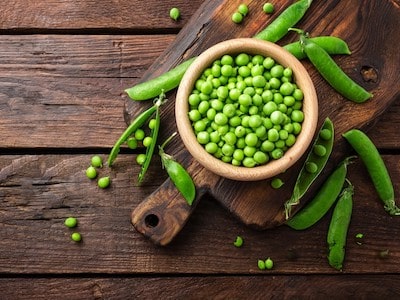
- Squash: You can feed your cat squash either cooked or raw, but it should be peeled and cut into small pieces for ease of digestion. Squash is a nutritious food that provides fiber, vitamins, minerals such as beta-carotene and potassium.
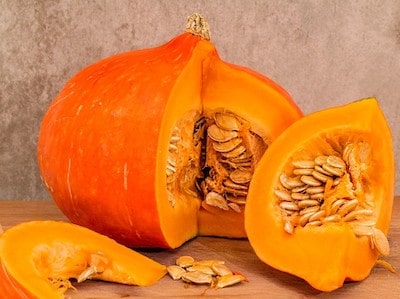
- Spinach: Since spinach is high in vitamins, minerals (such as iron, magnesium and vitamin K), it is safe for cats to eat. However, due to its high oxalate content which can lead to urinary crystals and stones formation, it should be fed in moderation.
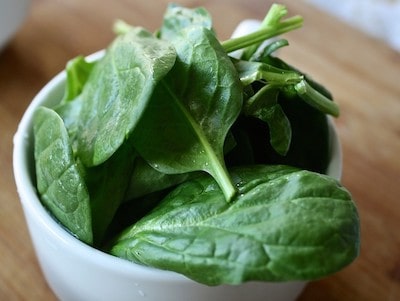
Potential Risks and Benefits of Cats Eating Beets
While beets are not toxic to cats, there are some potential risks and benefits to consider when feeding them to your feline friend.
Benefits:
- Beets are a good source of fiber, vitamins, and minerals, including potassium, magnesium, and folate.
- The fiber in beets can help promote healthy digestion in cats and may also help regulate blood sugar levels.
- The vitamins and minerals in beets can help support your cat’s overall health and well-being.
Risks:
- Cats are obligate carnivores and their digestive system is not designed to process plant material. While beets are not toxic to cats, they may not provide the same nutritional benefits to cats as they do to humans or other animals that are adapted to plant-based diets.
- Beets are high in natural sugars, which can cause digestive upset in cats and may contribute to weight gain and other health problems over time.
- Beets are also high in oxalates, which can form crystals in a cat’s urinary tract and lead to urinary tract infections and other health problems.
FAQs
Are beets dangerous for cats?
As per 21cats“Beetroots are incredibly nutritious for humans and animals alike – they contain plenty of vitamins and minerals including iron, potassium and magnesium – but they’re not particularly tasty for animals, which will avoid eating them if they can.”
Beets are not dangerous for cats in small amounts, but they do pose some potential health risks. Beets are high in natural sugars, which can cause digestive upset in cats, and they are also high in oxalates, which can form crystals in a cat’s urinary tract and lead to urinary tract infections and other health problems.
How much beet can I feed my cat?
It is generally not recommended to feed beets to cats on a regular basis, but if you do decide to include them in your cat’s diet, it’s important to feed them in moderation. A small amount of cooked or pureed beets (no more than 1-2 teaspoons) can be given as a treat or supplement, but be sure to monitor your cat’s reaction and overall health.
Can beets be harmful to cats with health issues?
Cats with certain health issues, such as diabetes or urinary tract problems, may be more sensitive to the natural sugars and oxalates in beets. If your cat has any health issues, it’s best to check with your veterinarian before feeding them beets.
Should I feed my cat a vegetarian or vegan diet?
No, it is not recommended to feed your cat a vegetarian or vegan diet, as cats require a diet that is high in animal protein to meet their nutritional needs. Feeding your cat a vegetarian or vegan diet can lead to serious health problems, as cats are obligate carnivores and their digestive system is not designed to process plant material. It is important to provide your cat with a well-rounded diet that includes high-quality animal protein, along with other nutrients and supplements as recommended by your veterinarian.
Well, It’s a Wrap
In conclusion, while cats can technically eat beets, it is not recommended to include them in their regular diet. While beets do offer some potential health benefits, such as promoting digestive and cardiovascular health, they also pose some risks to cats, such as digestive upset and urinary problems.
If you do decide to feed your cat beets, it’s important to prepare them properly, feed them in moderation, and monitor your cat’s reaction and overall health. As with any dietary changes, it’s always a good idea to consult with your veterinarian before introducing beets or any other new food to your cat’s diet.
Ultimately, providing your cat with a well-rounded diet that is high in animal protein and supplemented with other nutrients and supplements as recommended by your veterinarian is the best way to ensure their overall health and well-being.
Charlene Pare is the founder of Cat Likes Best. She manages and strategizes the content published on this website. When she isn’t working, she enjoys exploring the city around with her Ameican Shorthair kitty–Moli. Being a technocrat and an avid cat lover, she also writes on pet tech products and some of the featured articles.

